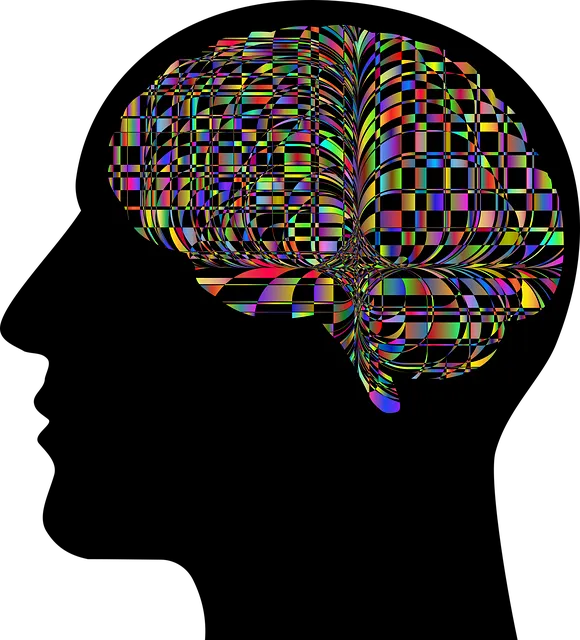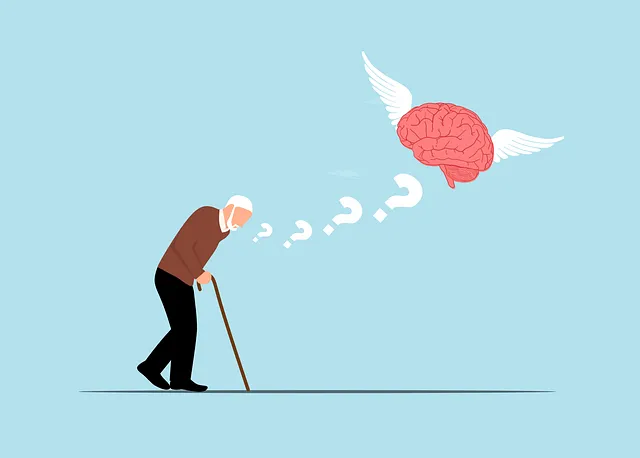Kaiser Permanente Centennial prioritizes stigma reduction in mental health care through educational programs for patients and providers, initiatives like Burnout Prevention and Trauma Support Services, and community engagement. They utilize resources like their mental health number for wide-reaching access, host workshops and events to dispel myths, and promote self-care routines to empower individuals. Collaborative efforts with schools and communities, integrated mental health education, and tailored outreach programs create a supportive environment where individuals feel comfortable seeking help without stigma, enhancing overall well-being in Centennial.
Mental illness stigma remains a significant barrier to accessing quality mental healthcare. This article explores strategies to reduce the stigma surrounding mental health, focusing on the findings from Kaiser Permanente’s Centennial location. We delve into the impacts of stigma on care-seeking behaviors and present effective approaches, including community engagement and education initiatives, that can foster understanding and support. By addressing these challenges, we aim to improve mental health outcomes for all.
- Understanding Stigma: Barriers and Impacts on Mental Health Care Access at Kaiser Permanente Centennial
- Strategies for Stigma Reduction: Engaging Communities and Promoting Awareness
- The Role of Education and Policy: A Collaborative Approach to Ending Mental Illness Stigma
Understanding Stigma: Barriers and Impacts on Mental Health Care Access at Kaiser Permanente Centennial

At Kaiser Permanente Centennial, understanding stigma surrounding mental illness is a paramount focus within mental health care efforts. The impact of this societal barrier is profound, often deterring individuals from seeking necessary support and treatment. Stigma leads to feelings of embarrassment, shame, and fear of judgment, pushing people away from facilities offering vital services like those at Kaiser Permanente. This results in delayed access to care, exacerbating existing mental health issues.
Mental Illness Stigma Reduction Efforts play a crucial role in breaking down these barriers. By educating both patients and healthcare providers on the realities of mental health, Kaiser Permanente Centennial aims to foster an environment where individuals feel comfortable discussing their struggles openly. Additionally, initiatives like Burnout Prevention and Trauma Support Services contribute to comprehensive care by addressing underlying factors that can exacerbate stigma-related issues. Through these collective efforts, Kaiser Permanente Centennial strives to enhance accessibility to mental health services for the community it serves.
Strategies for Stigma Reduction: Engaging Communities and Promoting Awareness

Stigma reduction efforts require active engagement with communities and a concerted focus on mental health awareness. One effective strategy is to bring mental health discussions into the open, fostering an environment where people feel comfortable talking about their experiences. Kaiser Permanente’s mental health number serves as a Centennial-wide resource, providing easy access to guidance and support. Educational programs can play a significant role in promoting understanding by offering workshops, seminars, and community events that dispel myths and provide accurate information about various mental health conditions.
These initiatives should also emphasize the importance of self-care routine development for better mental health. By encouraging individuals to prioritize their well-being, we can empower them to take charge of their mental health. Crisis intervention guidance and self-esteem improvement techniques are additional tools that can be integrated into these programs. Ultimately, fostering a community that supports open conversations about mental health is key to reducing stigma and ensuring everyone has access to the resources they need.
The Role of Education and Policy: A Collaborative Approach to Ending Mental Illness Stigma

Mental illness stigma reduction requires a collaborative approach involving education and policy reforms. By integrating comprehensive mental health education into schools and communities, we can foster empathy building strategies that normalize conversations around mental well-being. This starts with raising awareness about the prevalence of mental illness and promoting self-care routine development for better mental health among all age groups.
Organizations like Kaiser Permanente play a pivotal role in this effort through their mental health numbers and resources, providing accessible support systems. Additionally, community outreach program implementation can bridge gaps in care by offering services tailored to diverse communities. These initiatives collectively contribute to creating an environment where individuals feel supported and empowered to seek help without the burden of stigma, ultimately enhancing overall well-being.
Mental illness stigma reduction is a collaborative effort requiring engagement from communities, education institutions, policymakers, and healthcare providers. As highlighted by Kaiser Permanente’s efforts at their Centennial location, understanding the barriers that prevent access to mental health care is crucial. By implementing strategies that foster awareness and education, we can create an environment where individuals feel supported and empowered to seek help without fear of judgment or discrimination. The number of people affected by mental illness underscores the importance of these initiatives for improving overall public health and well-being.






